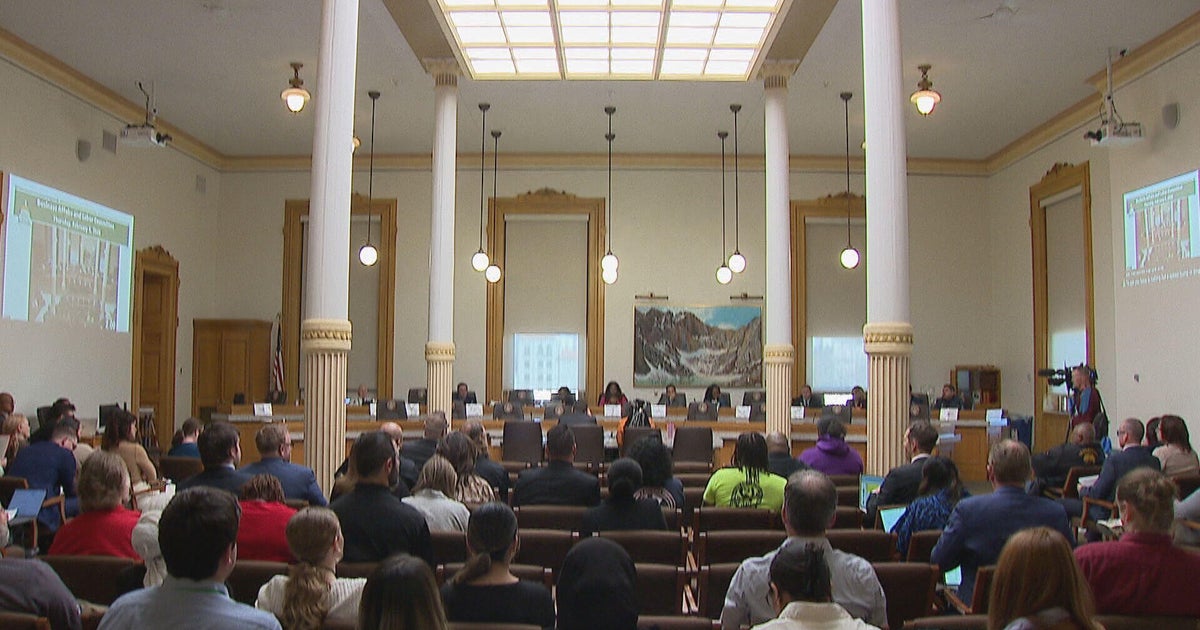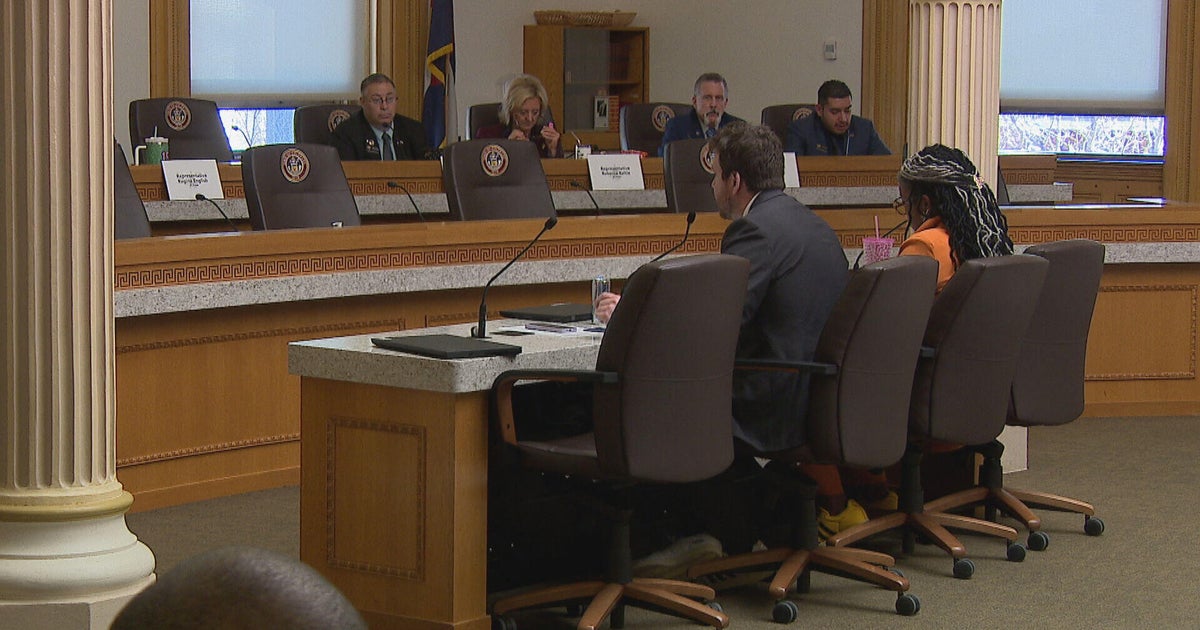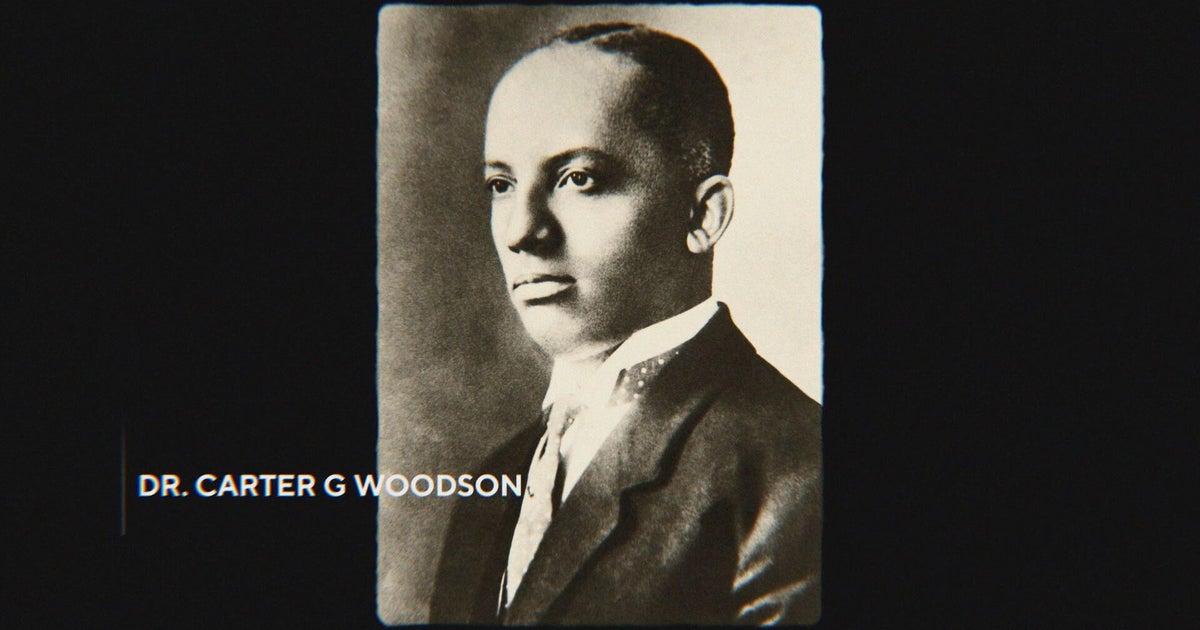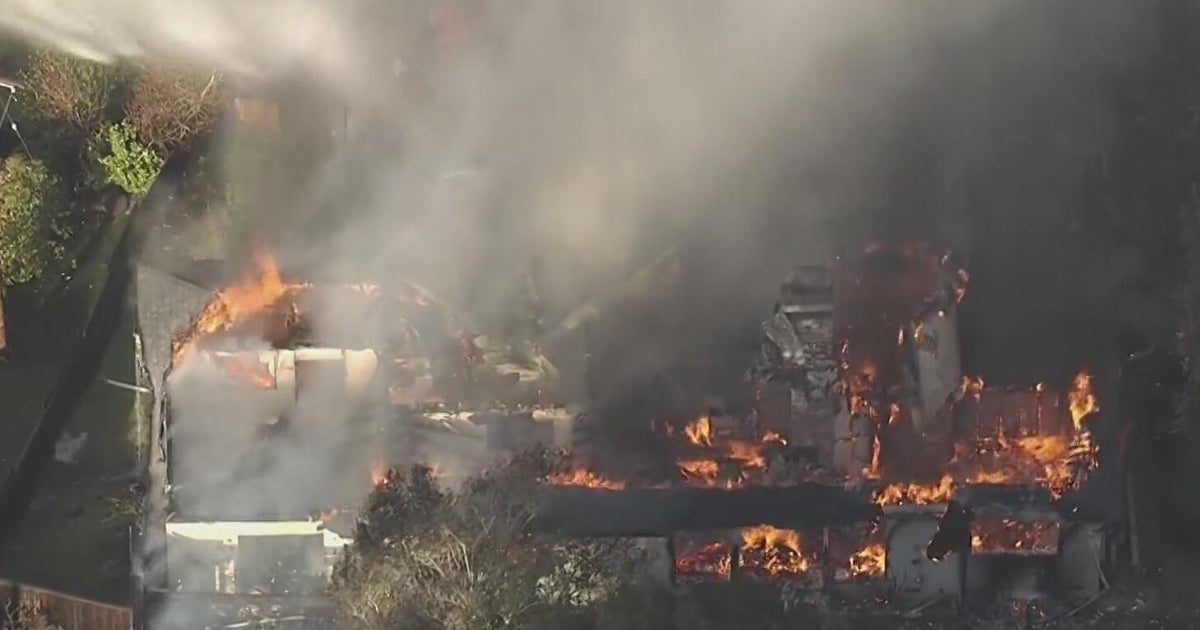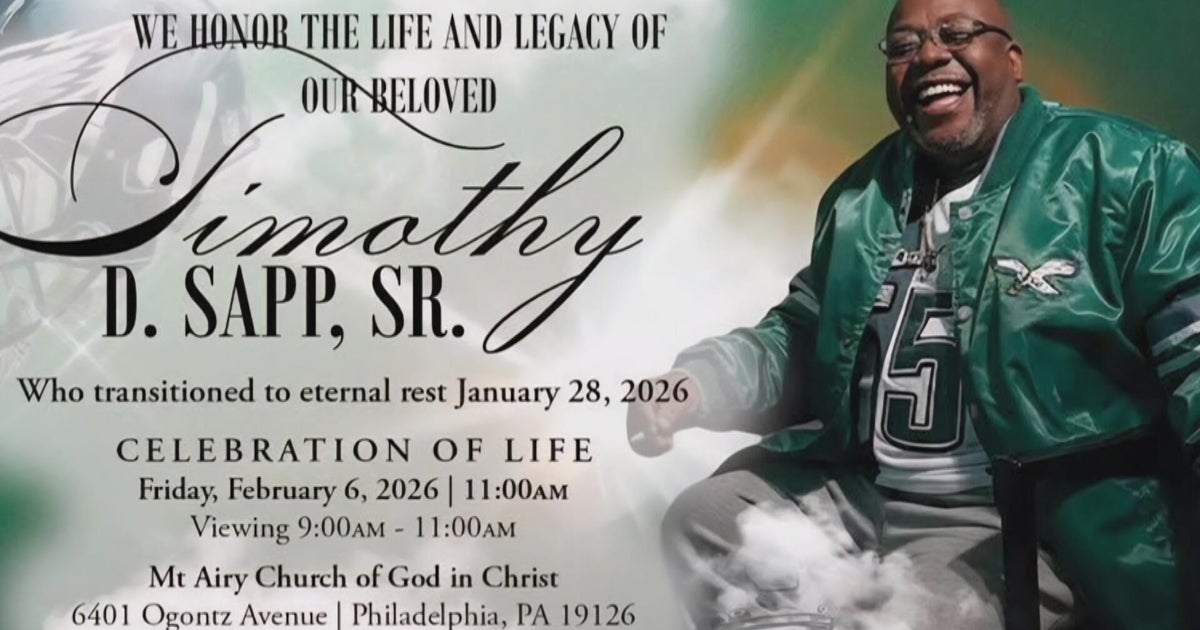Loop Starbucks Workers Move To Form Union, Following National Trend
CHICAGO (CBS) – Inspired by Starbucks workers in New York seeking better pay and working conditions, employees at one store in the Loop are launching a union organizing drive.
The nationwide movement to unionization began brewing in Chicago some time ago. The Randolph and Wabash location is 1 of 4 stores in area to have filed for unionization in the past several months. Partners, as Starbucks employees are known within the company, are organizing for adjusted hours, higher wages, and more affordable health insurance. They're working to unionize on a store-by-store basis— something Starbucks says is wholly unnecessary.
Starbucks corporate has over 9,000 stores in the United States and doesn't believe that each store having their own contract fits within their business model. Rather, Starbucks has filed a petition with the National Labor Review Board to have partners vote on a district level, encompassing more stores.
When a store files a petition to unionize, Starbucks management hosts optional meetings with partners and more senior members of the company. They say the aim of these meetings, is to give partners an idea of what the unionization process will be like and to make sure partners are aware of all their present benefits as members of the company.
While Starbucks insists that they are not anti-union, organizing workers see these meetings as a way to intimidate and coax them out of voting in favor of a union.
In protest of what some employees see as union-busting, pro-union organizers picketed recently outside of the coffee shops when these meetings took place.
"They're coming in and giving their side and hoping that some pressure from higher up is going to break down our resolve," said Sara Spry, a barista at Starbucks location in Logan Square.
"They don't want to have to pay their workers fair wages. They don't want to have to let us have a fair say in the company. They don't want a true partnership with us," said Brick Zurek, a shift supervisor at a Starbucks at Randolph and Wabash.
Zurek was one of the original employees to begin organizing for a union at their store in the Loop. They say that working conditions made unionization a clear next step.
"It was getting super busy, we were understaffed, overworked. Working the closing shift, Zurek said, "I'm supposed to be there until 8:30, and we were there until 10:30 p.m. or 11 p.m.— constantly."
Workers say their reason for seeking union representation range from low wages, insufficient health insurance and safety issues– especially at downtown locations.
"We have had people come in and threaten to shoot us up. There has been someone smoking meth in the bathroom." She said a specially trained cleaning crew was called to clean the bathroom.
"There have just been people who sort of get aggressive, whether it be at seven in the morning, or three in the afternoon, and they will start picking fights and actually throwing hands with people," said Zero Muñoz, a barista at the Randolph and Wabash Starbucks.
Management responded to these incidents by hosting a round-table discussion with the store's partners and ensuring that they file formal reports. Starbucks insists that the safety of their partners is a priority, Zurek and Muñoz say that the conversations with corporate were insufficient and they wanted more guarantees of their safety while at work.
After filing, even the threat of voting to join a union has prompted changes from management.
"Now they're listening to us, right? We haven't even won the election, yet, but they're taking us seriously now. And that's just the power of the union, right? We have a security guard on the store premises from evening hours. Even just physically being there is a deterrence" Zurek said.
"The only reason that they're hearing you out and at this point is because you had filed for unionizing beforehand," Muñoz said.
Workers at the Randolph and Wabash store say senior managers have been making far more appearances lately. Workers at other unionized Starbucks had warned them of more managerial visits post-filing.
"This is kind of following the steps of what we've seen and other stores around the country and what they've reported and told us. It's been more of our upper management, our district manager, our regional manager are coming in more frequently," Zurek said.
Workers in Chicago say their inspiration and playbook comes from the first Starbucks stores to unionize in Buffalo, New York. They say the workers in Buffalo provide guidance on how to properly unionize.
"Management isn't going to keep us safe from the people threatening to bring in guns. We have to advocate for ourselves. So, we saw them doing it in Buffalo and we got inspired," Zurek said.
